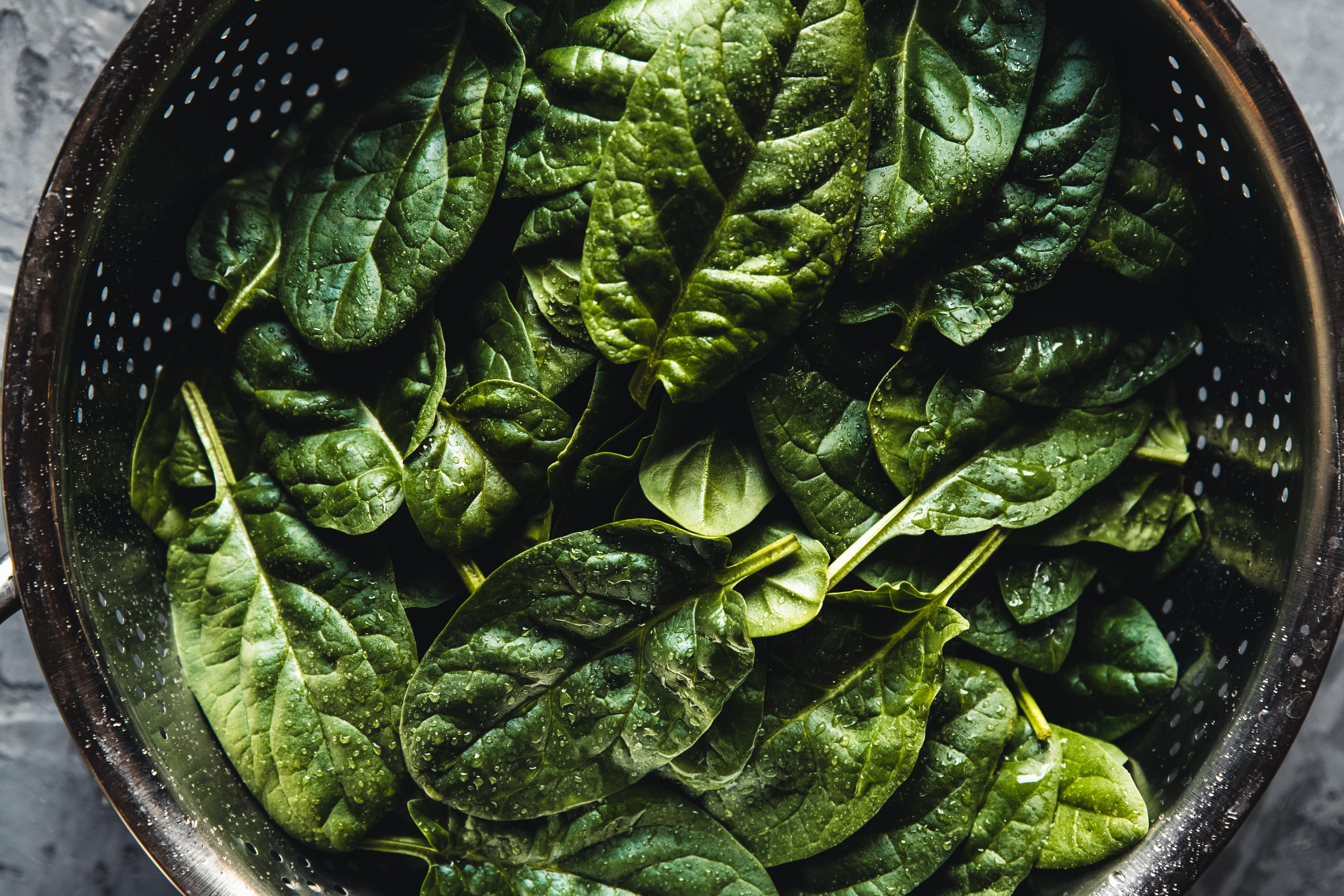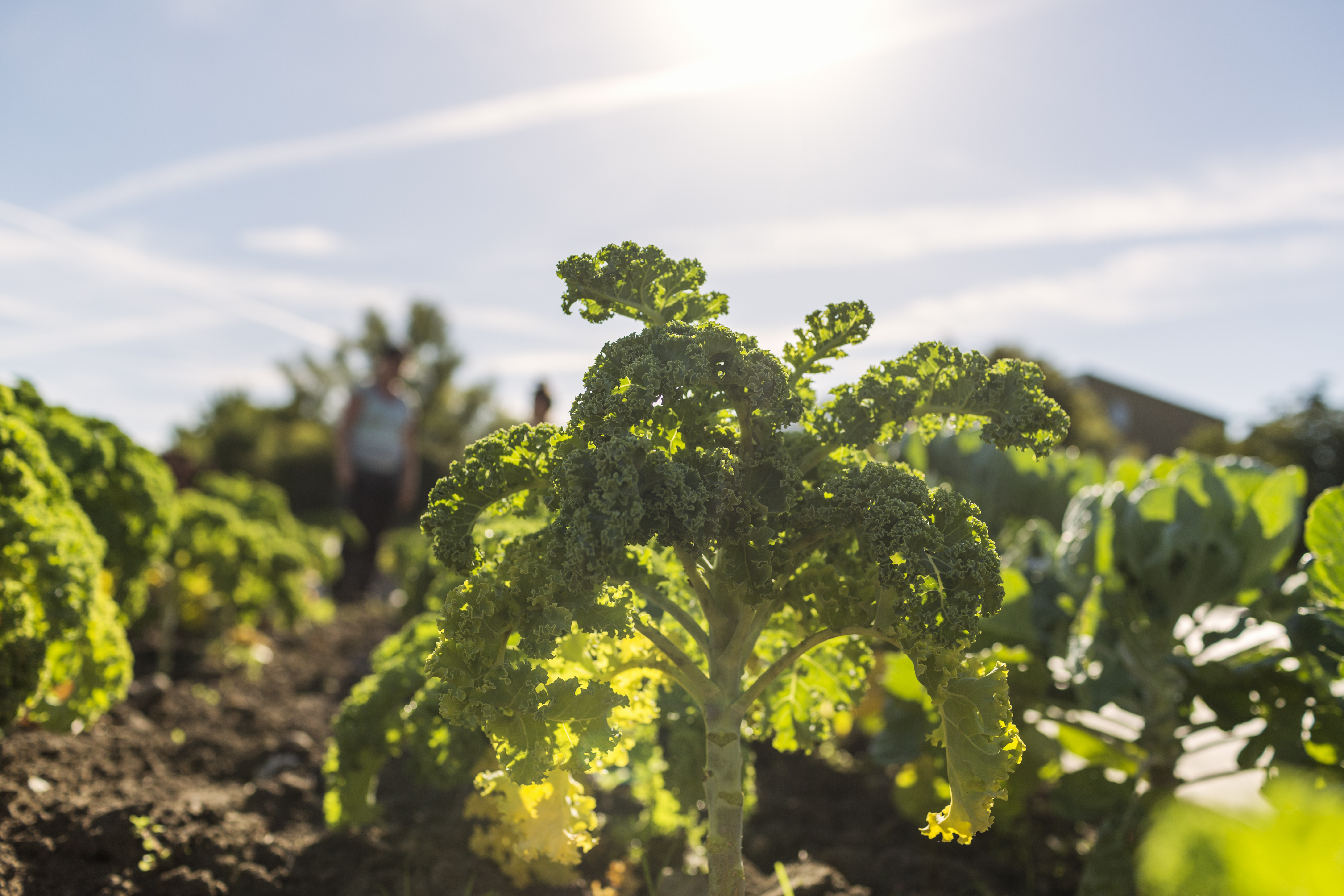Hidden Pesticides: Which Vegetables Are the Worst Offenders?
Despite their health halo, many everyday staples—like spinach, bell peppers, green beans, and cucumbers—rank among the highest in pesticide residues. And while a quick rinse may wash away dirt, it doesn’t always eliminate what’s been absorbed or sprayed repeatedly during growth. That’s why we’ve expanded our list of common vegetables that, despite their clean image, often top the pesticide charts. This list isn’t here to spark fear—it’s here to sharpen your awareness. We’ll unpack why certain crops are more heavily treated, what the science says about residue risks, and how you can make smarter choices—whether through organic swaps, peeling tips, or cooking hacks.
1. Spinach: A Leafy Green with a Hidden Cost

Spinach, a beloved leafy green packed with iron and vitamins, often tops the list of vegetables with high pesticide residues. Its broad leaves and rapid growth make it susceptible to pests, leading to frequent pesticide applications. Studies have shown that spinach can retain residues of multiple pesticides, including permethrin and DDT derivatives, even after washing. While its nutritional benefits are undeniable, consumers are encouraged to consider organic options or thoroughly wash and peel leaves to reduce exposure. This paradox of health and hazard underscores the importance of vigilance when selecting this popular vegetable.
2. Kale and Collard Greens: Superfoods Under Scrutiny

Kale and collard greens, hailed as superfoods for their dense nutrient profiles, are also notorious for pesticide residues. These cruciferous vegetables are prone to pests like aphids and caterpillars, leading to heavy pesticide use. The EWG reports that kale often contains residues of multiple pesticides, including Dacthal, which is banned in Europe due to its potential health risks. Despite this, the antioxidant properties and fiber content of these greens make them valuable dietary components. To enjoy their benefits safely, consumers can opt for organic varieties or grow their own in pesticide-free environments.
